While the United States often expresses pride and gratitude for its military veterans, there are significant areas where it fails to provide adequate support. These shortcomings can have serious consequences for those who have served. How can recognizing these issues help us push for better treatment and services for our veterans?
#1. Insufficient Mental Health Support

Many veterans struggle with PTSD, depression, and other mental health issues, yet access to comprehensive mental health services is often inadequate.
#2. Homelessness

A distressing number of veterans find themselves homeless due to a lack of support and resources to transition to civilian life effectively.
#3. Unemployment

Veterans often face challenges in the job market, struggling to translate their military skills to civilian roles, and finding employers who value their experience.
#4. VA Healthcare Delays

The VA health system is notorious for long wait times and delayed treatments, preventing veterans from receiving timely and essential medical care.
#5. Lack of Reintegration Programs
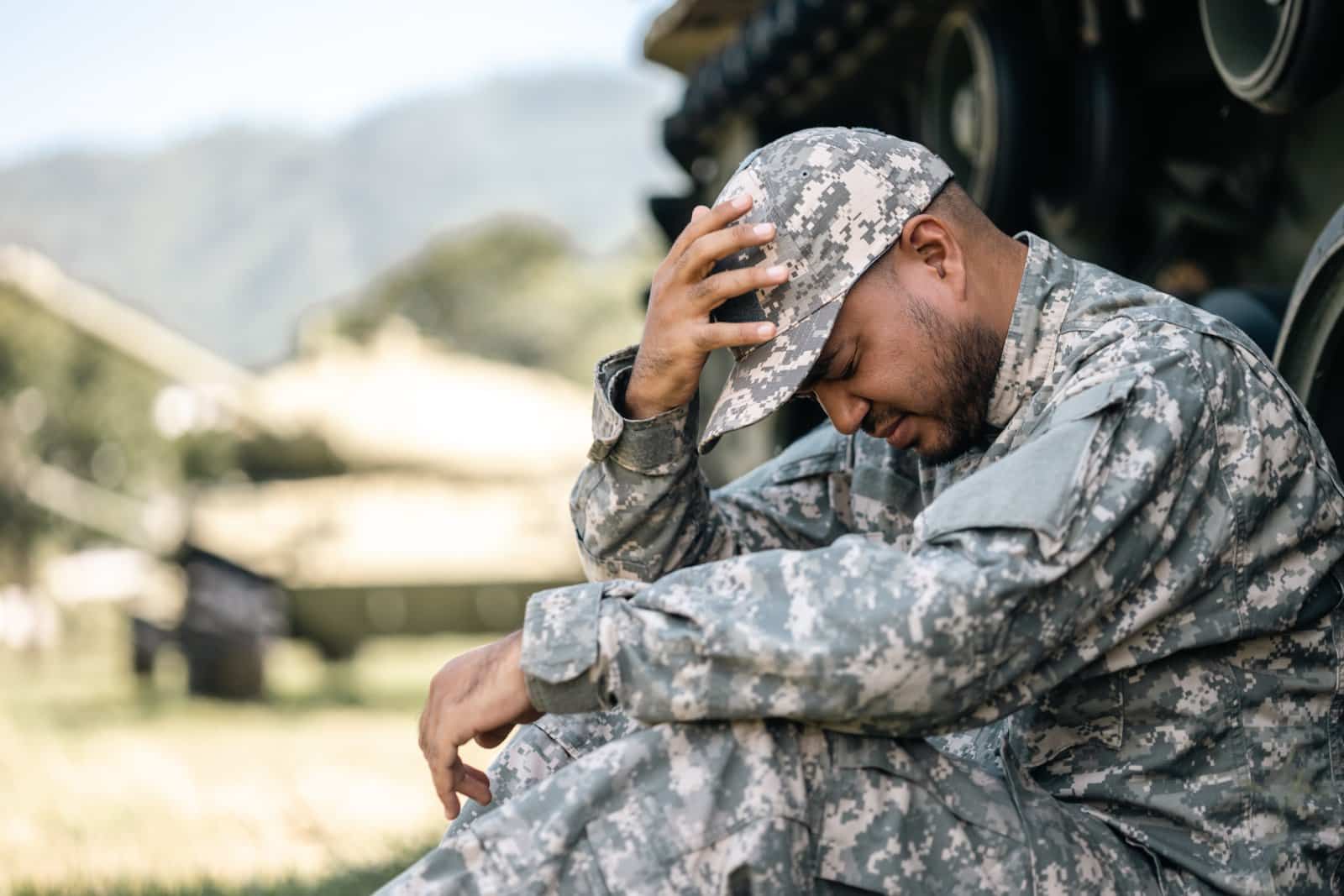
There is a significant gap in programs that effectively help veterans reintegrate into civilian society, which can lead to social isolation and economic hardships.
#6. Inadequate Educational Resources

While the GI Bill provides educational benefits, many veterans face hurdles in accessing these opportunities or receiving support to navigate higher education systems.
#7. Disability Claims Backlog

The backlog of disability claims at the VA means that many veterans wait months or even years to receive the benefits they are entitled to.
#8. Underfunded Veteran Services

Many veteran service organizations operate with insufficient funding, limiting their ability to help veterans with legal, medical, and financial needs.
#9. Stigma Around Mental Health
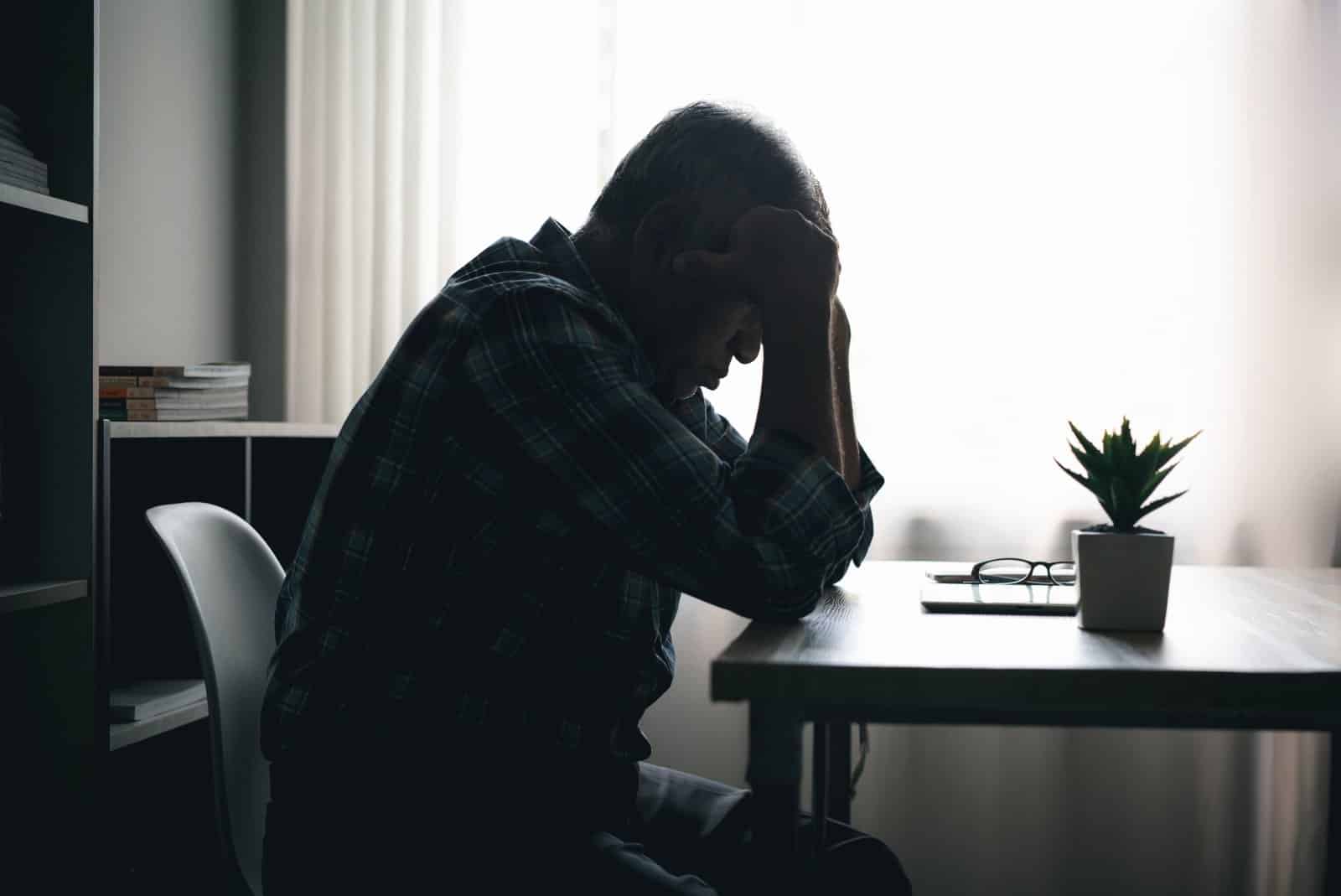
There is still a stigma associated with seeking mental health support among veterans, which is often exacerbated by military culture.
#10. Lack of Specialized Care

Veterans with specific needs, such as those with traumatic brain injuries or amputations, often lack access to specialized healthcare services.
#11. Challenges for Female Veterans

Female veterans face unique challenges, including a higher risk of homelessness and lack of services tailored to their specific health needs.
#12. Ineffective Communication of Benefits

Veterans frequently report confusion and lack of information about the benefits and resources available to them, leading to underutilization.
#13. Veterans Affairs Bureaucracy
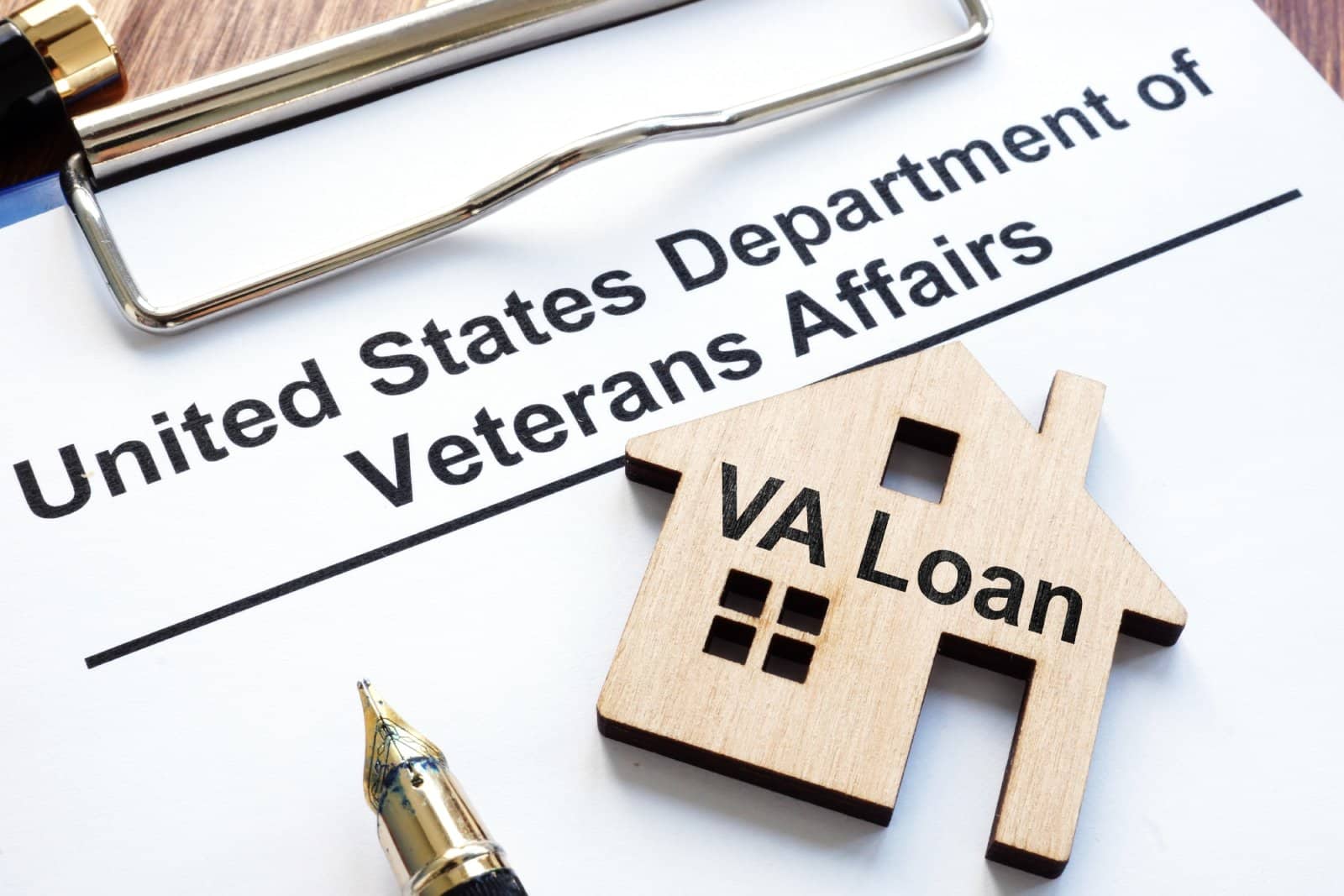
The bureaucracy within the Department of Veterans Affairs can be a significant barrier for veterans seeking assistance, characterized by red tape and inefficiency.
#14. Aging Veteran Population
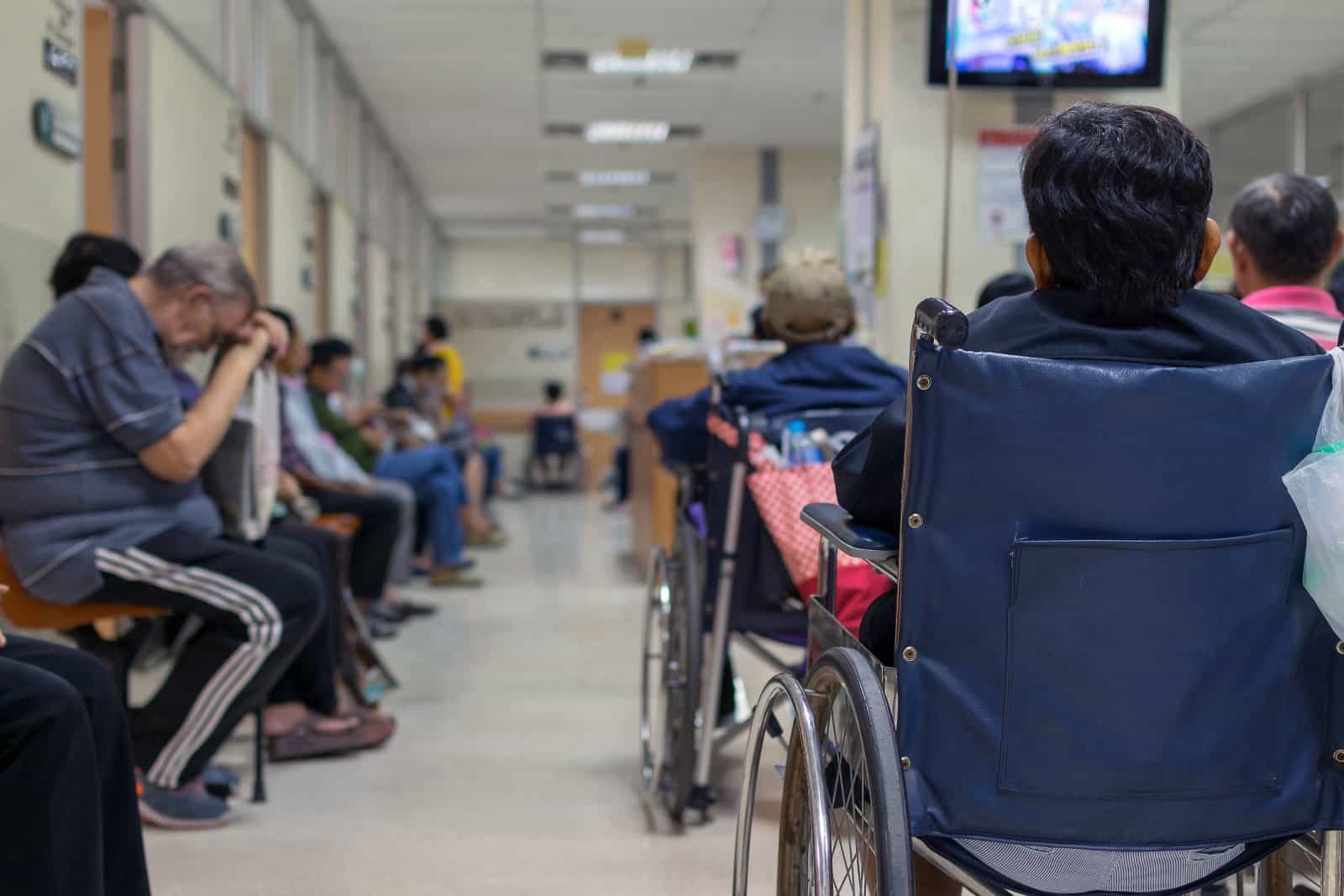
As the veteran population ages, there is a growing need for age-specific care that is not being adequately met by current veteran services.
#15. Support for Veteran Families
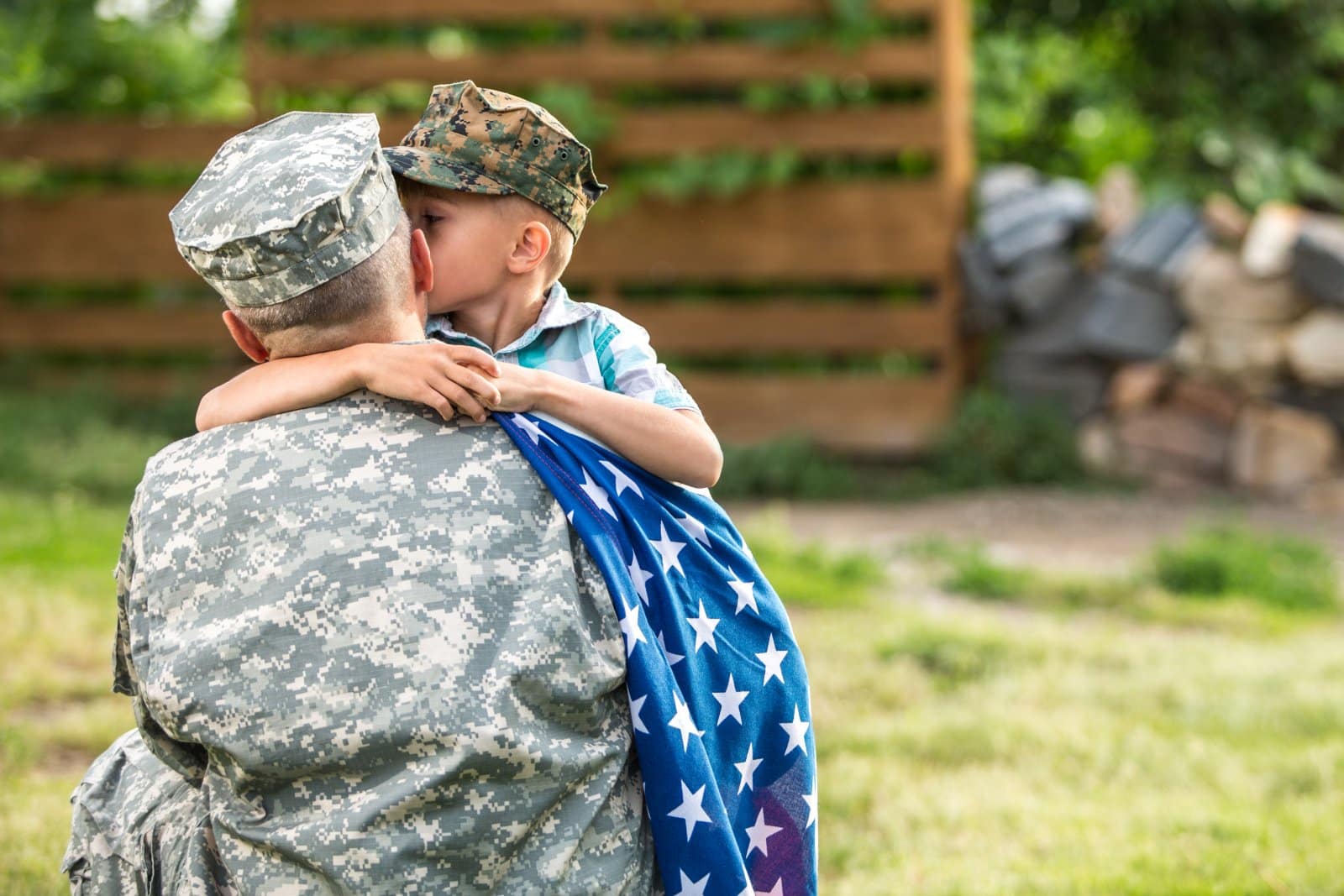
Families of veterans often lack adequate support in dealing with the psychological and financial strains of military life, both during and after service.
A Call to Action

Addressing these issues requires a committed effort from both governmental and private sectors to ensure that veterans receive the support and respect they deserve. By acknowledging these challenges, we can begin to advocate for systemic changes that improve the lives of all veterans.
Featured Image Credit: Shutterstock / Perfect Wave.
The content of this article is for informational purposes only and does not constitute or replace professional financial advice.
For transparency, this content was partly developed with AI assistance and carefully curated by an experienced editor to be informative and ensure accuracy.





